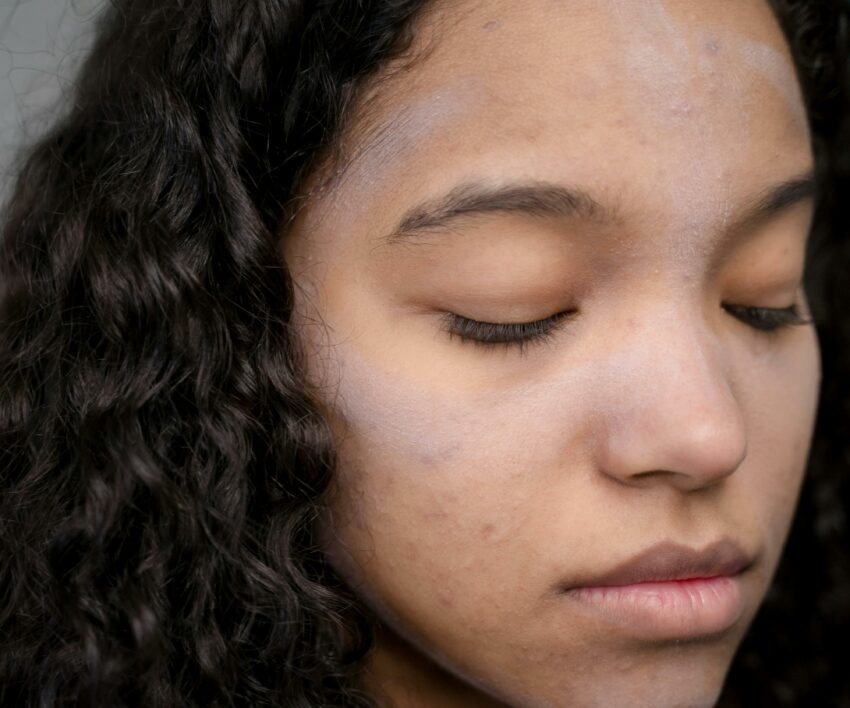
According to the medical information hub MedicalNet, hormones are a common cause for you to develop acne-prone skin, where the key point in managing it is maintaining good skin health and hygiene, avoiding cosmetics at night and monitoring hormone imbalances.
How can you tell that you are developing acne? The Boedewellskin information hub states that the way to tell what kind of acne you have is by how the bumps appear on your skin.
Signs are:
- Whiteheads.
- Blackheads.
- Cysts.
- Papules (small bumps)
- Nodules (small bumps filled with pus)
- Scarring of the skin.
The types of blemishes you notice can depend on the severity of your acne. Milder cases may result in whiteheads or blackheads, while more severe cases can lead to cysts, papules, and nodules.
The above-mentioned source gives us instructions on how to make your acne go away overnight:
- Ice The Area: Boedewellskin says that you need to apply ice cubes to the affected area for 10 minutes.
- Use Salicylic Acid Products: Salicylic acid, a member of the aspirin family, helps break down dead skin cells and unclog pores.
- Use A Healing Face Mask: Clay masks are excellent for gently exfoliating and drawing out impurities. Formulas include tea tree oil, witch hazel, aloe vera, and charcoal.
- Clean Your Skin Thoroughly: Use lukewarm water and a gentle cleanser or soap.
- Apply Tea Tree Oil: Dilute tea tree oil with a carrier oil like jojoba or coconut oil. Apply the diluted oil directly to the skin for healthier-looking skin.
- Change Your Pillowcase Regularly: Use pillowcases made from breathable, natural fibres to keep the skin dry.
- Add A Moisturiser: Moisturisers can help keep the skin hydrated and prevent future breakouts. Look for moisturisers that have extra hydration, or try a facial mist or hydrating toner.
- Watch What You Eat: Avoid eating processed and sugary foods and try changing your diet to nutrient-dense whole foods. Drink plenty of water to keep the skin supple and prevent further breakouts.
Also see: Celebrities that look alike




